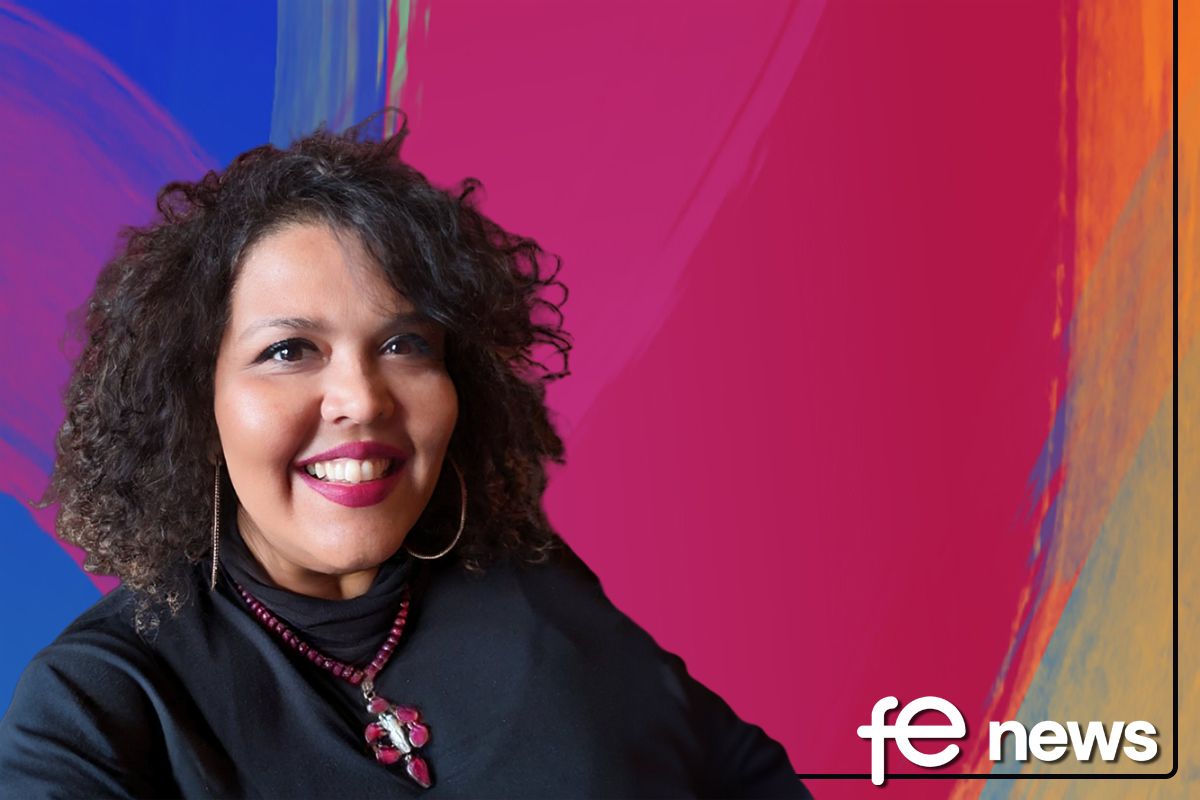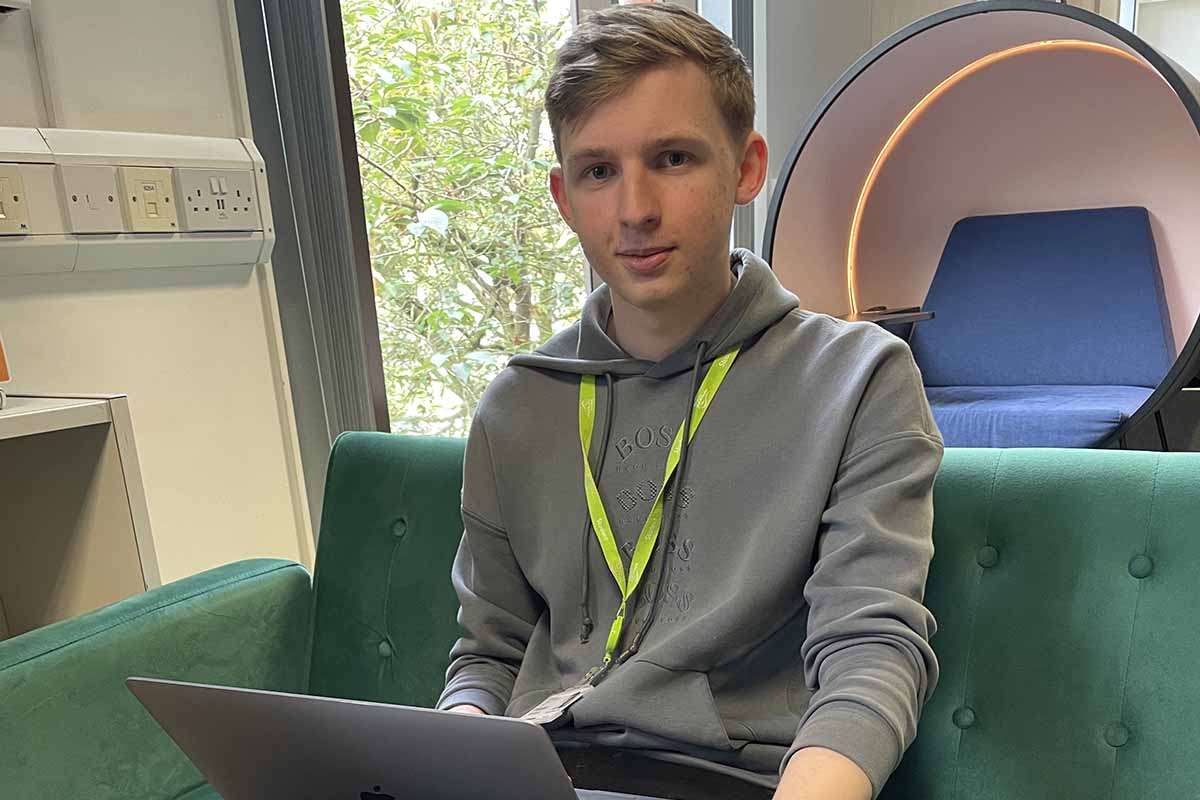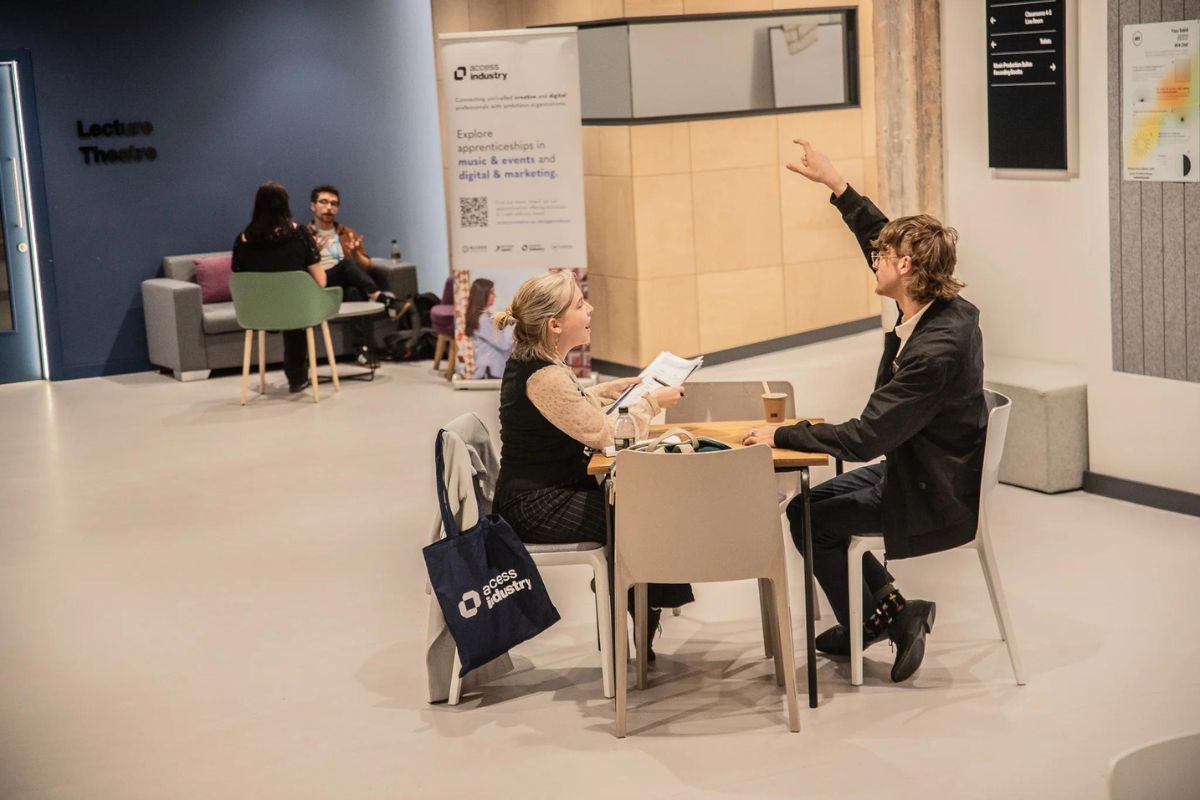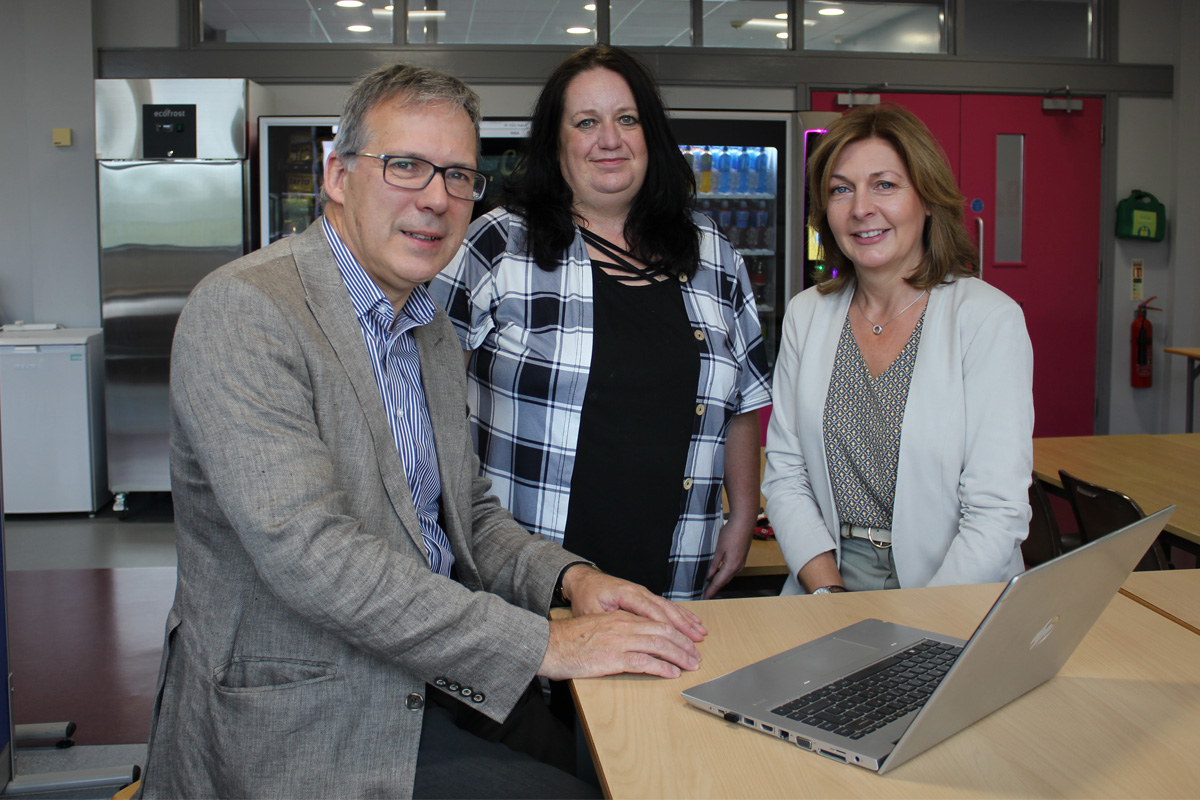Transforming Education in the Metaverse

Dr Naeema Pasha discusses how many of us in the learning/coaching/leadership spaces may be speculating on how generative AI adoption is going to work out. But putting that aside for just a moment, we might also consider how the Metaverse will affect us too.
To work on this piece I asked Sam Isaacson, a coach and consultant coaching technology specialist running a boutique start-up who founded an online community in this field. Sam with his background in consulting and professional services, Sam has written extensively on the adoption of technology in coaching. Before we get into the details, it’s probably worth just starting at the start.
What is the Metaverse?
The metaverse is a term that describes a not-so-distant future version of the internet, where human beings will use immersive technology to go beyond their physical environment. Imagine browsing products from an online retail store in three dimensions, swimming through a coral reef in your living room, chatting to a colleague in another time zone over a table in a coffee shop or taking students on a field trip to walk on the moon without them ever leaving their desks.
Sam says he personally feels that the metaverse has the potential to transform education in many ways. It can provide immersive and interactive learning experiences for students that are difficult or risky in the real world, such as surgeries or explosive experiments. And it’s good in coaching too as the metaverse can also engage the brain’s motor system and build muscle memory for skills that involve the hands and body. Perhaps more accessible, coaches will be able to meet their clients digitally in a way that feels closer to reality than any other technology has been able to replicate.
Sam adds the launch of the Apple’s Vision Pro may be a more significant turning point in our use of technology than ChatGPT is proving to be.
Adapation
Where our clients go in their use of technology, we must follow in order to maintain rapport. He says “the best coaches anticipate that movement and prepare themselves so they remain resilient amidst ever-changing currents. That’s why I founded the Coachtech Collective, a global community of courageous and curious coaches who want to enhance their practice, remain relevant and protect the future of the profession”.
In addition, I also found a very interesting view that the Metaverse can offer a more inclusive environment. Staff and students can explore different avatars, should they wish, to enable them to get a better sense of belonging. This also means that students from more diverse backgrounds can potentially engage. Especially if the Metaverse also enables real-time content to be translated. This means that education and indeed coaching can be tailored to meet the needs of students and coachees.
Potential Concerns
However, with my AI Ethics and Responsibilities hat on, I do see real concerns with the Metaverse. It relies on developing an immersive design – this takes a lot of skills and resources to create and maintain immersive and engaging learning environments in the metaverse. The immersive experiences may not suit everyone. But I feel the biggest concern is privacy and security as ever with the internet. It is very possible that the metaverse could expose users to various privacy and security risks, such as data leaks, frauds, surveillance, and other cybercrimes.
The final concern is of course – access. In this age of digital poverty – many people can’t access products. To fully absorb an immersive learning or coaching experience will needs expensive tools. Yes, the Metaverse can create great output, but the digital and potentially the generational divides among users who have different levels of access to the advanced infrastructure, devices, internet connection means not everyone will be able to make it to the Metaverse.
However, the metaverse is not here yet and we still have many questions and challenges to overcome. How can we ensure that the metaverse is inclusive, ethical, and safe for learners? How can we design effective and engaging learning experiences in the metaverse? How can we assess and certify learning outcomes in the metaverse? How can we balance the use of immersive technology with other forms of learning?
By Dr Naeema Pasha, Chief Coaching Officer in Richmond
FE News on the go…
Welcome to FE News on the go, the podcast that delivers exclusive articles from the world of further education straight to your ears.
We are experimenting with Artificial Intelligence to make our exclusive articles even more accessible while also automating the process for our team of project managers.
In each episode, our thought leaders and sector influencers will delve into the most pressing issues facing the FE sector, offering their insights and analysis on the latest news, trends, and developments.











Responses